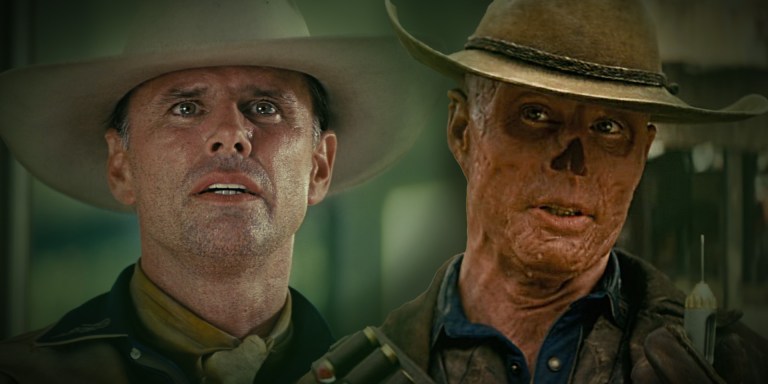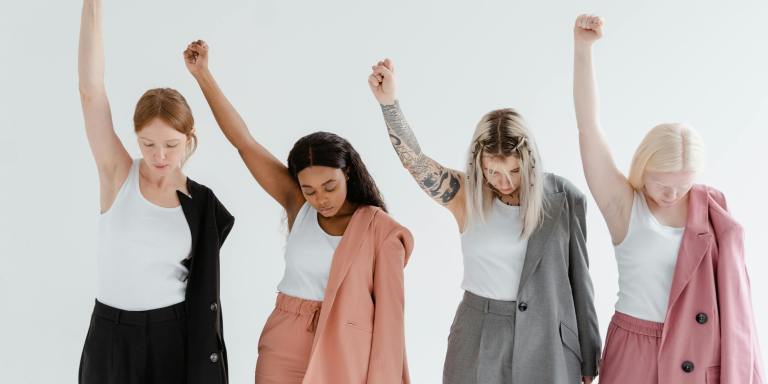
“Vulnerability is not weakness. And that myth is profoundly dangerous” (Brene Brown).
For most of my life, I too believed & perpetuated this myth. For most of my life, I too suffered from this myth.
- A young child learns that crying exacerbates her aunt’s punishments – b/c atop the physical sting of the slaps is the psychological sting of the resulting taunts (“You crying? What will that do? Go ahead”).
- A middle-schooler learns that saying “We’re growing apart, and I want us close again” doesn’t stop one from being labeled “needy” & dumped by one’s best friend via locker note.
- A higher schooler learns that showing emotional distress earns you dismissal as a “drama queen/crazy” girl & beatings as a “gay/pussy” boy.
- A Cal freshman learns that daring to consider a lighter/realistic course load welcomes the condescension of peers in an environment that can confuse your worth with your assumed academic prowess.
- A co-op inhabitant learns that filing a rape charge against her housemate induces community onslaught & censure that becomes another form of violation (“Why were you partying? Why did you dress like that?”).
Our struggles may be different in outer form, but often, at the heart of them lies a shared sense of shame – the fear that if we admit our struggles and allow ourselves to be seen, we will be judged and rejected. B/c all of us can recall moments when we admitted struggle, allowed ourselves to be seen, and were judged & rejected. These moments can be insidiously lasting, whether we realize it or not, & fuel hostile inner voices that shame us into silence and secrecy:
“You’re the only one struggling like this. You’re the only one who can’t handle life. If you show others how weak you are, they’ll want nothing to do with you. People respond to power, and power means always being in control. Learn to numb and pretend. You’ll be more effective & desirable”
And so we arm ourselves with learned indifference because we expect others to withdraw, to dismiss, to deceive, to judge, to reject. We internalize society’s myth that vulnerability is weakness, that we will be rejected for it, & that our lives are better without it.
So how do we live? We withdraw, we dismiss, we deceive, we judge, we reject. Clearly, something is not aligned.
But here’s a secret that our “shaming inner voices” are terrified we’ll uncover: when we are truthful w/o ego (w/o the intention to silence/hurt/control/validate), most people do not react with rejection. Most people react with appreciation, honesty, connection, respect – the very things we yearn for. Those who react with dismissal or hostility are exhibiting unhealthy reactive tendencies that reflect more upon their relationships with themselves than us. (Note: we have all reacted in empathic and non-empathic ways, during healthier & unhealthier parts of our lives.)
I’ve seen vulnerability, from parents, friends, professors, colleagues, vagina warriors, martial arts instructors, student volunteers, performers, activists, acquaintances, & it looks nothing like weakness:
- A best friend admitting, “You once intimidated me, and I was self-conscious being myself around you. Now I’m happy being myself around you”
- A parent admitting, “I’m sorry I keep judging you by the past. It’s hard for me to let go of it”
- A professor admitting, “I joke to my students that the world is going to hell, but I care & worry about them. Am I making a difference?”
- A stage performer admitting, “Everyone is here to cheer me on. But I wish my dad were here”
- A student volunteer admitting, “The ang-moh tourists think we don’t like them b/c they are white. We don’t like them b/c they dismiss us & it hurts”
- An emerging activist admitting, “Sometimes I hesitate, for fear of becoming that guy who is always ranting about that one thing. Or always ranting about something“
- A martial arts instructor admitting, “I learned to fight when they learned to beat”
- An acquaintance admitting, “She didn’t say ‘no’, but she didn’t say ‘yes’. I am so ashamed that I didn’t realize it. I raped my ex, even though every time I said ‘I love you’, I meant it”
- A vagina warrior admitting, “When I share my story of being raped, it’s not that I’m scared to re-live it. I’m scared that you will define me by it”
This is the vulnerability that I’ve witnessed. This is the vulnerability that I & so many others have been surprised by, disarmed by, impressed by, inspired by, changed by.
We need to demystify the “vulnerability is weakness” myth by challenging society’s definition of what is “vulnerable”, as well as understanding the sources of our own “shaming inner voices”. B/c the ability to be raw with oneself/others demonstrates tremendous inner strength & resilience. And for those of us lucky enough to witness, it creates some of the most compelling, connected, and perspective-shaping memories we hold. 





